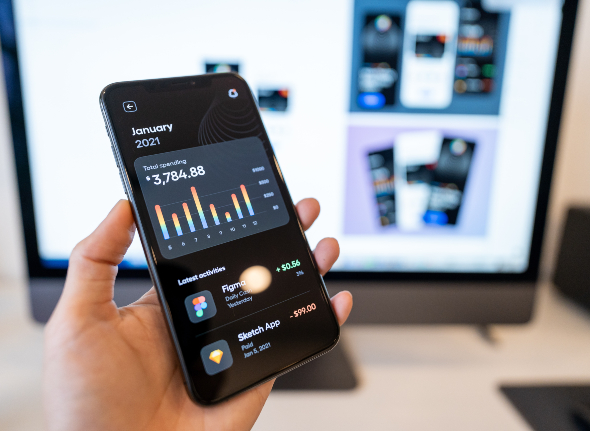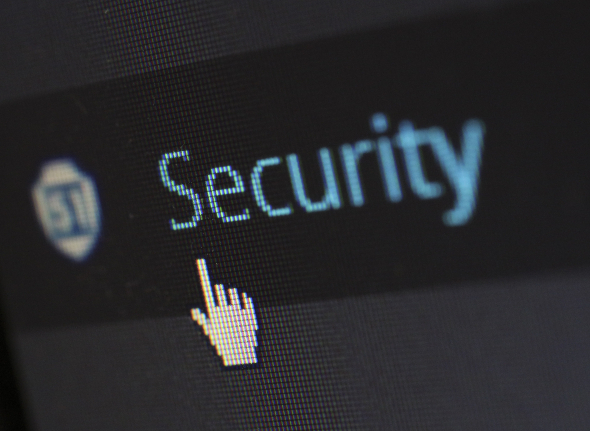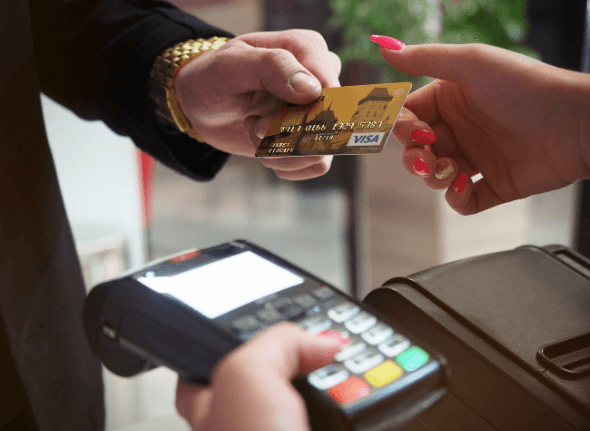What is a budget and why do I need one?
Want to make the most of your money? See how to create a budget and manage your money effectively.


What is a budget?
A budget helps you plan how you spend your money – it looks at the money you have coming in and the money you have going out over a set period of time. Having a budget helps you keep track of your spending and avoid nasty surprises, and can help you save money.
What is a budget?
A budget helps you plan how you spend your money – it looks at the money you have coming in and the money you have going out over a set period of time. Having a budget helps you keep track of your spending and avoid nasty surprises, and can help you save money.
How to budget
There are different ways you can set and track your budget – it might help to use a spreadsheet, app or notebook – just find what’s right for you.
First up, work out your income – the money you have coming into your account. This could be salary, student loan, money from parents, benefits etc. This may not be the same each month so it can help to work out a monthly average.
Next, make a note of your outgoings – the money you spend. Look at recent bank statements and consider dividing your outgoings into:
-
- essentials – things you have to pay for, such as rent and food
- nice-to-haves, such as a gym membership
You may also want to separate:
-
- your fixed costs – where the amount is the same each month, such as rent
- costs you can flex, such as going out or food
Other things to consider include household bills, insurance, phone, transport, entertainment, clothes, presents, and debt repayments.
If you haven’t enough money to cover your outgoings, you’ll need to reduce your spending (or increase your income!).
You can also work out what to do with any money left over. You could set up an emergency fund as a cushion if something goes wrong, save towards a holiday or other big expenses, or just treat yourself to something nice.
Reviewing your spending
Looking at what you’ve spent helps you keep track of your money and spot scams. Check in on a regular basis – be it each day, week or month – just choose what suits you.
A budget is a guide – however well you plan it’s unlikely that your actual spending will match your planned spending. Some months you may have to cut costs. In other months, you may have money left over. As time goes on, you can change your budget to reflect your situation.

How to budget
There are different ways you can set and track your budget – it might help to use a spreadsheet, app or notebook – just find what’s right for you.
First up, work out your income – the money you have coming into your account. This could be salary, student loan, money from parents, benefits etc. This may not be the same each month so it can help to work out a monthly average.
Next, make a note of your outgoings – the money you spend. Look at recent bank statements and consider dividing your outgoings into:
-
- essentials – things you have to pay for, such as rent and food
- nice-to-haves, such as a gym membership
You may also want to separate:
-
- your fixed costs – where the amount is the same each month, such as rent
- costs you can flex, such as going out or food
Other things to consider include household bills, insurance, phone, transport, entertainment, clothes, presents, and debt repayments.
If you haven’t enough money to cover your outgoings, you’ll need to reduce your spending (or increase your income!).
You can also work out what to do with any money left over. You could set up an emergency fund as a cushion if something goes wrong, save towards a holiday or other big expenses, or just treat yourself to something nice.

Reviewing your spending
Looking at what you’ve spent helps you keep track of your money and spot scams. Check in on a regular basis – be it each day, week or month – just choose what suits you.
A budget is a guide – however well you plan it’s unlikely that your actual spending will match your planned spending. Some months you may have to cut costs. In other months, you may have money left over. As time goes on, you can change your budget to reflect your situation.
Top tips for cutting costs
- Buy wisely – the same item from a different place can mean big savings
- Make simple switches – take a packed lunch or a travel cup, or try supermarket own labels instead of big brands
- Cancel any subscriptions you don’t really use or move to a cheaper package
- Shop around – being a loyal customer doesn’t always get you the best deal. Would a different mobile phone contract save you money?
- Look out for offers, loyalty card and reward schemes, and discount rates – certain things are much cheaper outside peak times
- Avoid waste. save your food from the bin and switch off the lights when you leave a room – it’s good for the environment too!

Top tips for cutting costs
-
- Buy wisely – the same item from a different place can mean big savings
- Make simple switches – take a packed lunch or a travel cup, or try supermarket own labels instead of big brands
- Cancel any subscriptions you don’t really use or move to a cheaper package
- Shop around – being a loyal customer doesn’t always get you the best deal. Would a different mobile phone contract save you money?
- Look out for offers, loyalty card and reward schemes, and discount rates – certain things are much cheaper outside peak times
- Avoid waste. Save your food from the bin and switch off the lights when you leave a room – it’s good for the environment too!

Find out more
Some bank accounts offer budget planner tools and there are a range of general versions out there too. Take a look at:
-
- Citizens Advice’s budgeting tool
- Money Saving Expert’s budget planner
Related

How can I avoid online fraud and scams?
[rt_reading_time...

How does borrowing money work?
[rt_reading_time...
